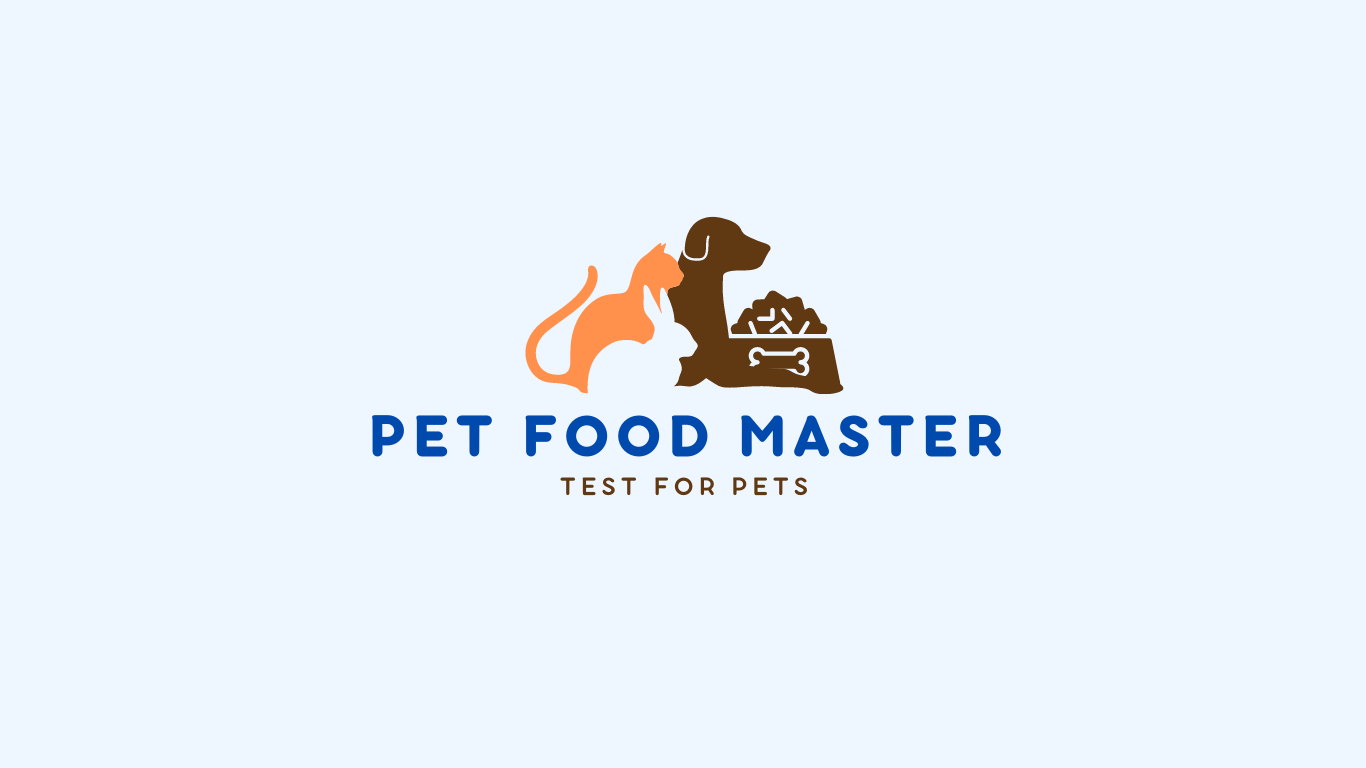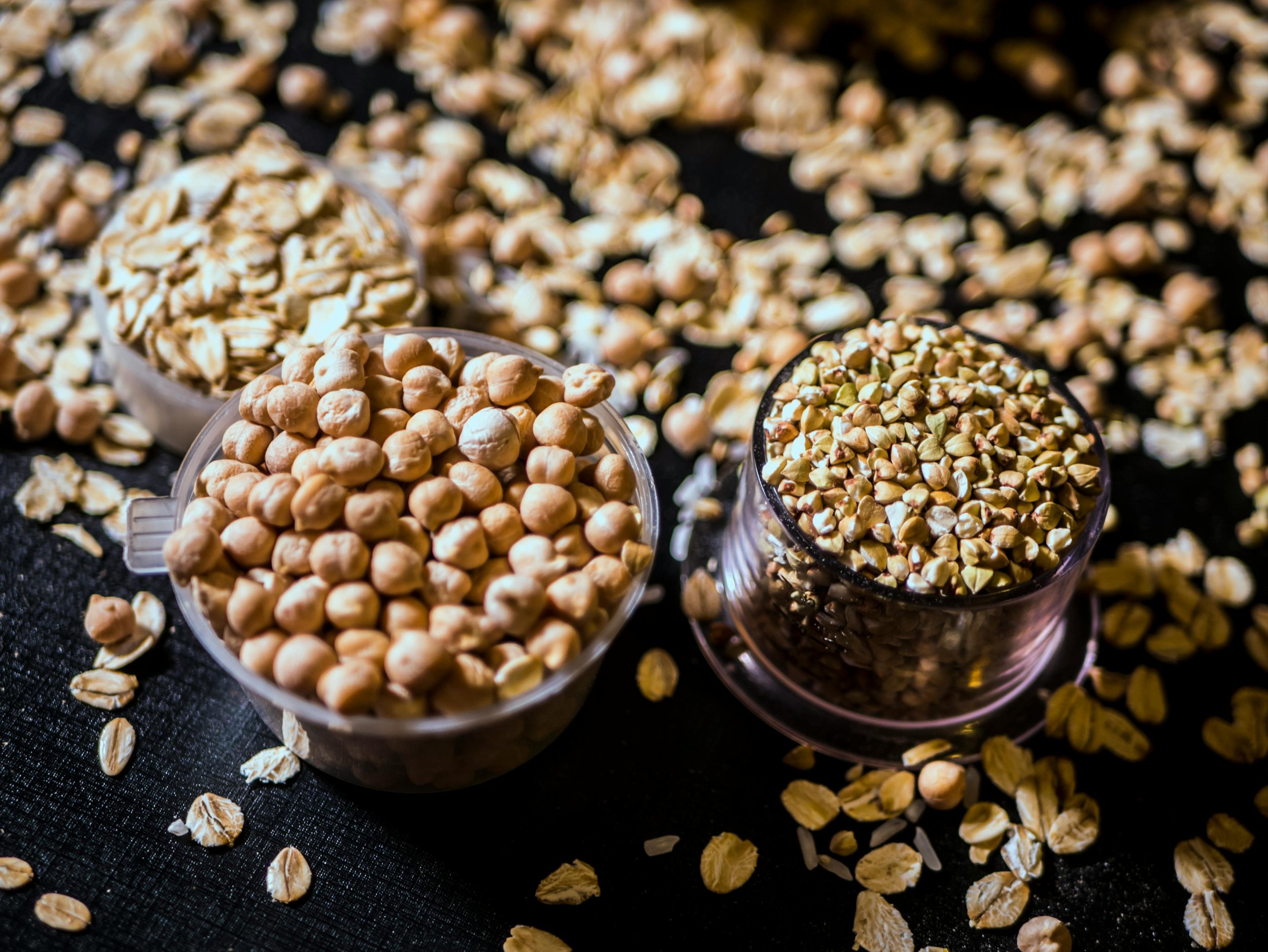Grain free pet food: The debate over grain-free diets
The Debate Over Grain-Free Diets: Separating Fact from Fiction.
In recent years, grain-free diets for pets have sparked a contentious debate among pet owners and experts. Advocates tout these diets as a solution for improved digestion and reduced allergies, while skeptics raise concerns about potential health risks. In this blog post, we'll dive into the complexities of grain-free diets for pets, examining the facts, myths, and implications for your furry companion's health.
Understanding Grain-Free Diets: Grain-free diets exclude common grains like wheat, corn, and soy, replacing them with alternative carbohydrate sources such as potatoes, legumes, and tapioca. Proponents believe that removing grains can alleviate digestive issues and food sensitivities in pets.
Pros and Cons of Grain-Free Diets: Advantages of grain-free diets may include improved digestibility, reduced stool volume, and potential weight management benefits. However, concerns have been raised about the nutritional adequacy of these diets and their potential links to heart disease (DCM) and other health issues.
The Role of Grains in Pet Nutrition: Grains serve as valuable sources of carbohydrates, fiber, vitamins, and minerals in pet diets. They provide energy and aid in digestion, contributing to overall nutritional balance. While some pets may benefit from grain-free diets, others may require the nutritional benefits that grains offer.
Grain-Free Diets and Canine Dilated Cardiomyopathy (DCM): The FDA's investigation into a potential association between grain-free diets and DCM in dogs has raised significant concerns within the veterinary community. While the exact cause of DCM remains under investigation, factors such as taurine deficiency and ingredient quality may play a role.
Making Informed Choices: Pet owners are urged to weigh the potential benefits and risks of grain-free diets carefully. Factors such as breed, age, size, and health status should be considered when determining the appropriateness of a grain-free diet for a pet. Consulting with a veterinarian or veterinary nutritionist can provide valuable guidance in decision-making.
Conclusion: As the debate over grain-free diets for pets continues, pet owners are encouraged to approach the topic with caution and critical thinking. While grain-free diets may offer certain benefits, they are not without potential risks. By staying informed, seeking expert advice, and considering their pet's individual needs, owners can make the best dietary choices to support their furry companions' health and well-being. Stay tuned for more insights and discussions on pet nutrition from Pet Food Master!

